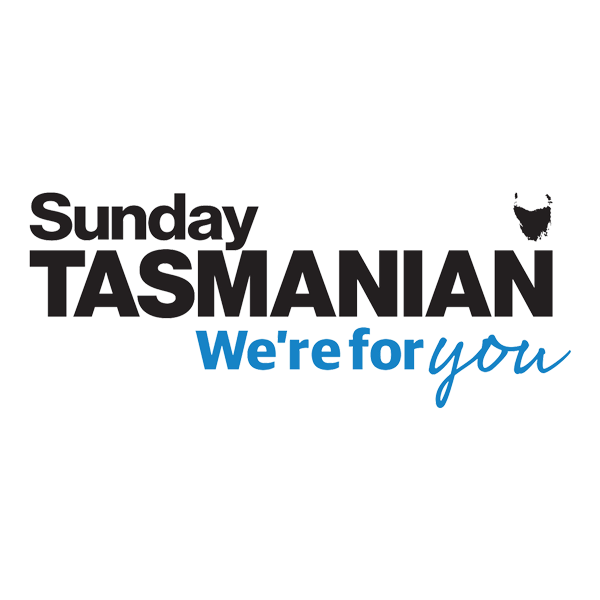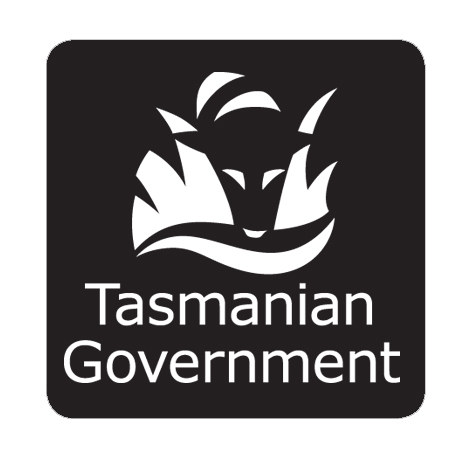In the first week of March, the annual duck shooting season will once again start in Tasmania.
For twelve weeks, Tasmania’s wetlands — usually peaceful havens and homes for our unique wildlife — will be transformed into killing fields, as native ducks are blasted out of the skies in the name of ‘sport’. The targets include five species of ducks, three of which mate for life. Non-target as well as targeted birds will be wounded and die a painful and lingering death.
Despite legislated reporting requirements, there is very little information publicly available to show the total numbers killed, what species were killed, or to confirm that shooters complied with maximum takes.
Even from the limited information that is publicly available, it is clear that only a very small minority of Tasmanians are involved in duck shooting. In 2021, only 1115 licences were issued – that represents less than 2% of all Tasmanians. No data is available for the 2022 season.
Best estimates indicate more than 50,000 and perhaps as many as 100,000 birds will be shot and killed during the coming season. The ‘lucky’ ones are killed instantly. The unlucky ones – an estimated one out of every four birds shot – will suffer for days, or even weeks, before finally succumbing to their injuries.
As part of this legalised slaughter, hunters are permitted to shoot up to ten ducks each day. Based on expert estimates, that means an average of 538 ducks will be slaughtered every single day of the 3-month season.
Perhaps most shocking of all? This cruelty is inflicted upon defenceless animals in the name of a ‘sport’ that the majority of caring Tasmanians oppose.
“Some birds will die from their injuries, some will survive but live in pain and become disabled, but because of their inability to forage, they’ll suffer through starvation and thirst, or they’ll be predated on,” according to Jan Davis, Chief Executive of RSPCA Tasmania.
Tasmania’s native wildlife is globally recognised as unique and remarkable. It is an essential responsibility of the government to ensure the wild populations of these animals remain at healthy, sustainable levels. Even more shocking is that Moulting Lagoon, one of the main hunting grounds, is a world-renowned RAMSAR wetland.
Duck shooting is not a highly visible activity. Relatively few people live near the wetlands where shooting takes place. But out of sight should not mean out of mind – and our native waterbirds have the right to live unharmed and in peace in their natural habitats.
The RSPCA believes there is no justification for continuing to licence hunters to shoot ducks for sport – and community concern for the welfare of native ducks make it clear that there is no social licence for this to continue.
The evidence continues to mount that this is not a sustainable outcome, both from an animal welfare and an environmental point of view – and it is clear that our government’s policies on this issue are lagging behind the current values and beliefs of our contemporary society.
Three Australian states have already banned recreational duck hunting – Western Australia in 1990, NSW in 1995, and Queensland in 2005. Recognising that many species of birds are under severe pressure from severe weather events and also habitat clearing, both South Australia and Victoria implemented shortened seasons and reduced takes in 2021.
When Queensland’s then-Premier, Peter Beatty, announced the ban on duck hunting almost 20 years ago, he said it was “not an appropriate activity in contemporary life”.
In announcing the ban in Western Australia in 1990, then-Premier, Dr Carmen Lawrence said, “Our community has reached a stage of enlightenment where it can no longer accept the institutionalised killing of native birds for recreation”.
Yet, more than 30 years later, this cruel and unnecessary slaughter continues here in Tasmania, despite broad community support for a ban.
That is simply not good enough.
This is why the RSPCA is once again calling on the government to announce that this year will be the last time native duck species face decimation by hunters in Tasmania.
“It is hard to understand why the government hasn’t acted already, given there are really significant animal welfare issues associated with recreational duck shooting that can’t be mitigated,” Ms Davis said.
“Now is definitely the time to stop duck shooting. It’s overdue. And, importantly, it will provide a clear signal to Tasmanians who care about animal welfare that their voices are being heard.”
“However, if recreational duck shooting is to continue beyond 2023, there should be a three-year phase-out period, with a ban coming into force in 2027. During this phase-out period, urgent steps must be taken to reduce the negative welfare impacts for ducks and off-target species.”
MEDIA CONTACT
Jan Davis, CEO – RSPCA Tasmania
Mobile: 0409 004 228
Email: jdavis@rspcatas.org.au





















